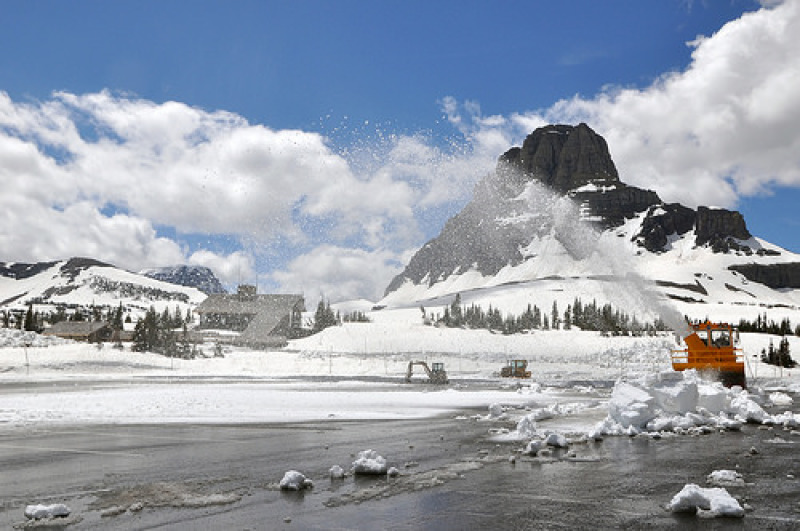
One of the known effects of climate change is increased precipitation in various regions, which could lead to a boost in water resources.
However, according to a new study, this may not be the case.
As explained by a team of researchers led by Justin Mankin of the Columbia University's Earth Institute, more rain caused by global warming may not automatically lead to an increase in water supply. In fact, it might actually have the opposite effect. This theory is based on a study conducted on the melting snowpacks in various areas from the Rocky Mountains to the Himalayas, according to the Christian Science Monitor.
Due to the rising temperatures, these massive packs of snow and ice melt. They then turn into rain through the process of evaporation. According to the researchers, this is where the logic behind more rain equals more water breaks down.
They explained that in a natural setting, the water running down from the gradual melting of the snowpacks during the warm seasons are collected in massive basin regions. These provide the communities living nearby the water resource that they need during the warm weather conditions.
Some of the basins that the researchers included in their study are the Central Valley in California, the Colorado River, the Rio Grande Basin, and India's Ganges and Indus rivers.
However, due to the effects of global warming, the snowpacks are melting at a faster rate. These also cause massive amounts of water to flow into the basins. The increased water volume, coupled with pouring rain, can not only cause flooding but also lead to accelerate melting rates of snowpacks.
This phenomenon can have a long term effect on a region because once the snowpacks completely disappear, the natural basins or reservoirs will soon run out of water.
"Water managers in a lot of places may need to prepare for a world where the snow reservoir no longer exists," the researchers wrote in the study.
Based on their findings, the researchers predicted that by 2060, there is a 67 percent risk that the water collected from snowpacks will decrease.
According to the researchers, the world should start preparing for this growing problem now due to its long-term effects. Some of the solutions they highlighted including building deeper wells, adding more reservoirs and of course, implementing stricter conservation methods, the National Geographic reported.
The details of the researchers findings were detailed in a report published on November 12 in the scientific journal Environmental Research Letters.


















